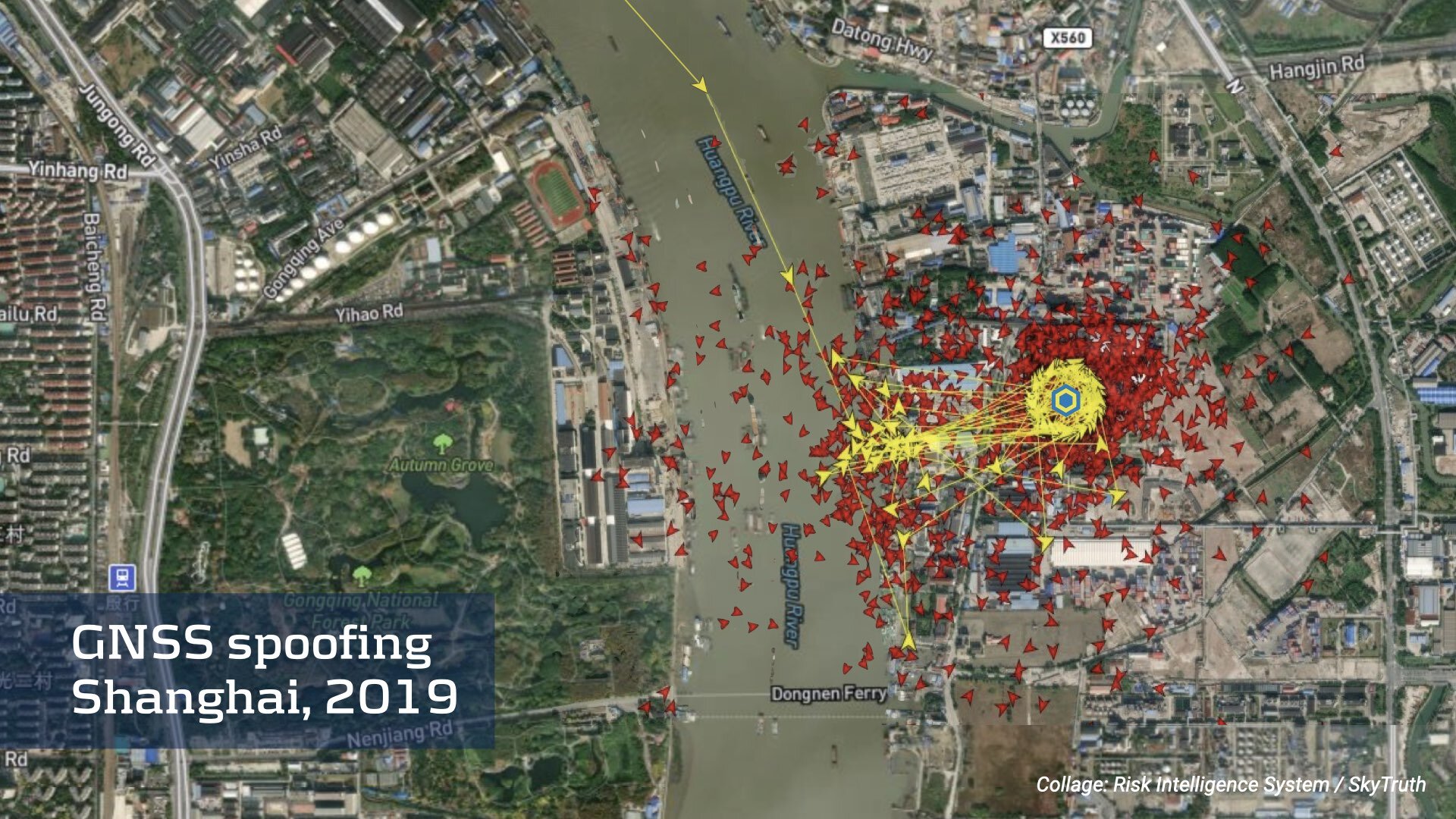
One year on: Analytical successes and failures in assessing Russian and Ukrainian armed forces and the war in Ukraine
This article looks at how intelligence analysts generally and in Risk Intelligence looked at Russian and Ukrainian military capability prior to the invasion of Ukraine, how we were wrong, and how we should learn of our mistakes.
The article in Washington Post “Road to war: U.S. struggled to convince allies, and Zelensky, of risk of invasion” by Karen de Young explains the gradual increase in US intelligence, assessment, and conclusions on Russian plans to attack Ukraine and how the US intelligence world went from finding an invasion of Ukraine unlikely to becoming increasingly likely and how difficult it was to convince allies and Ukraine that an invasion was coming.

Statement on Russian invasion of Ukraine from Risk Intelligence CEO Hans Tino Hansen
The Russian invasion of Ukraine and the following terrible loss of life, destruction of civilian infrastructure and massive number of refugees from the war is not something that the rest of the World can tolerate. We at Risk Intelligence are fully condemning the illegal invasion and are supporting the victims of the war in a number of ways.
Besides providing an updated intelligence picture of the war to our clients, Risk Intelligence has been engaged in assisting our clients, and even non-clients, by facilitating and coordinating the evacuation of ships’ crews from vessels which remained in Ukrainian ports in cooperation with a British response consultant firm.

BACKGROUND: GNSS spoofing in China and beyond
Global Navigational Satellite System (GNSS) spoofing is an ongoing concern for the maritime industry. Ships have reported a number of cases of GNSS interference and jamming in the eastern and central Mediterranean Sea, the Persian Gulf and multiple Chinese ports.
The interference and jamming have resulted in the loss of or false signals, affecting vessels' navigation and communication equipment. GNSS spoofing could potentially paralyse shipping lanes, increase navigation risks and attract malicious actors to use it to mask illegal activities.

BACKGROUND: Impact of increase in drone and missile attacks on Saudi Arabia’s oil and transport infrastructure on commercial shipping
In the past few weeks, there has been a marked increase in the number of attacks on Saudi Arabia’s oil and transport infrastructure. Missiles and drones have been launched on a weekly basis against a number of Saudi targets, but some observers in the maritime security sector appear unfazed, even as large oil facilities have been hit.
The low risk for commercial shipping despite this increase in drone and missile attacks can be attributed to the nature of the targets, and the intentions of those behind the attacks. Saudi Arabia is involved in a conflict in Yemen, and is fighting against the Houthis. While the Houthis have previously directed missiles and drones at vessels, and may do so again, in general they prefer launching these relatively complicated weapons at static targets in Saudi Arabia.

BACKGROUND: The war in Libya and its ongoing impact on commercial shipping
The war is currently at a standstill, and exports are continuing. But can this situation last? How can the war further impact exports and trade to Libya?
Two factions, the GNA and the LNA, are competing for power. In the West, and controlling much of the country’s population, lies the Government of National Accord (GNA). The Tripoli-based GNA is recognised by the UN as the legitimate government of Libya, but is struggling to assert its power over the parts of the country it rules.
The GNA relies on militias and foreign powers, notably Turkey, to prop up its military power and ensure its continued existence. To the east, in Benghazi, lies the Libyan National Army (LNA) controlled by Khalifa Haftar, a former officer in the Libyan forces and defector from Gaddafi’s regime. The LNA likewise relies on militias and foreign backers, the UAE, Russia and France among others, to control its territories. Just like the GNA, it is struggling to keep these militias’ powers in check.
